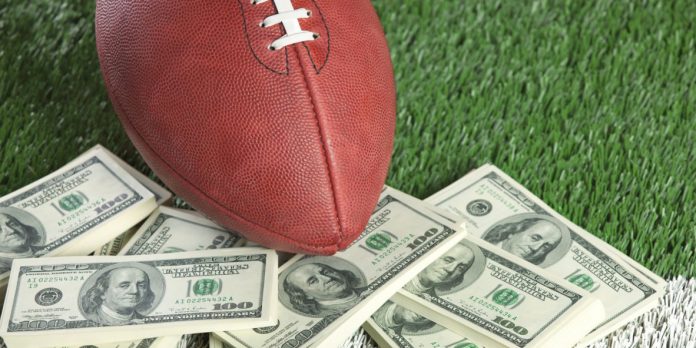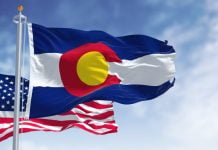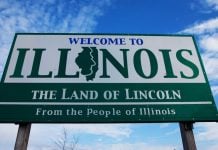While this year’s Super Bowl experienced a marked decline in TV viewership – the lowest since Super Bowl XLI in 2007 – there was no lack of appetite for wagering on the game that saw the Tampa Bay Buccaneers triumph against the Kansas City Chiefs.
The state-by-state figures are still rolling in, but at the time of publication seven had submitted their official numbers, with more than $420m in handle having been generated via legal sportsbooks. That figure already eclipses last year’s wagering activity which yielded nearly $262.5m in legal bets.
Unsurprisingly, New Jersey was one of the big earners with Garden State bettors wagering $117.4m on the game, up 116% on last year’s handle of $54.3m according to data from New Jersey’s Division of Gaming Enforcement.
In more than doubling its handle, New Jersey made significant progress in closing the gap on Nevada, where $136m was bet, although that was down from $154.67m in 2020. Much of the blame for Nevada’s drop-off was laid on restricted capacity due to the pandemic. While the state held on to its top spot for Super Bowl wagers, this year’s handle marked the lowest overall total since 2016.
Pennsylvania was another big winner, nearly doubling its Super Bowl wagers with a $53.6m bet versus $30.6m year-on-year, while Oregon grew its handle from $1.95m in 2020 to $3.46m according to the state’s lottery commission. West Virginia, meanwhile generated a handle of $4.3m, an increase from the 2020 Super Bowl total of $3.9m.
In Illinois, gaming regulators revealed that sportsbooks had taken $45.6m in wagers, holding $7.6m in revenues, with more than $42.7m wagered online.
So far, the only state to have reported a fall in betting action was Delaware which generated $1.9m in wagers this year, falling from $2.1m in 2020. However, the state’s total win was $226,000, compared to last year’s loss of $229,000.
Three other states have issued preliminary Super Bowl figures that have yet to be officially confirmed. Colorado generated over $31m in handle, followed by Mississippi with $8m versus $6.7m year-on-year, and Rhode Island which increased its handle from $5.5m in 2019 to $6.5m.
Analysis: Whatever we read into this year’s Super Bowl, the big takeaway has to be the huge swing towards legal forms of sports betting. The numbers tell the story better than anything else, with over $420m going to the regulated sector. It’s perhaps the strongest vindication yet that the removal of PASPA was the right thing to do. And the fact that all this was achieved in what continues to be the worst of pandemic times, with a slump in TV viewership to boot, is nothing short of incredible. On the evidence of last weekend’s wagering action the legal, regulated US sports betting sector is fast losing its ‘nascent’ tag.














